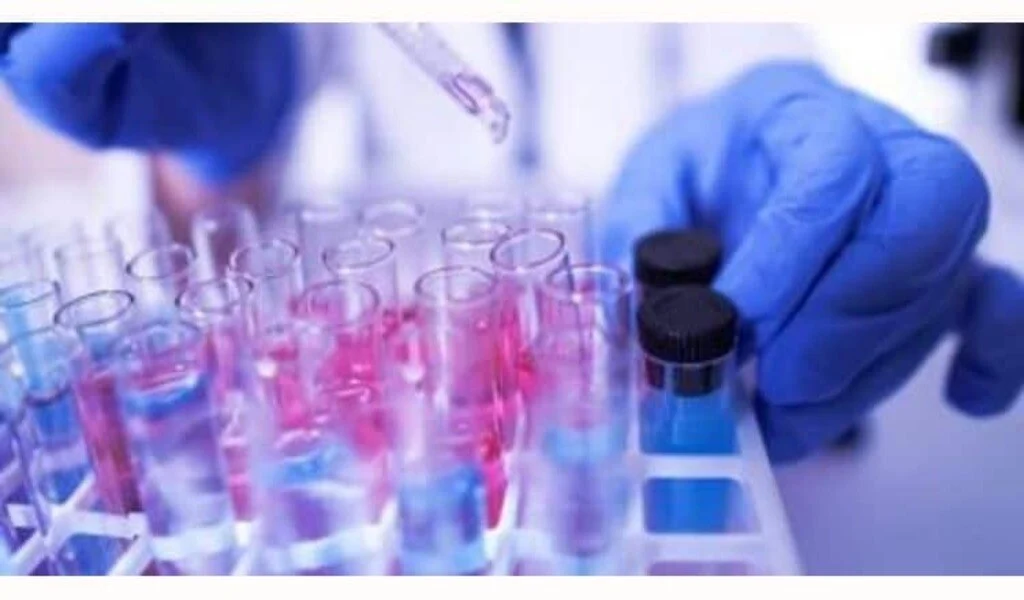(CTN News) – Cytelabs, a specialized oncopathology Breast Cancer diagnostic service powered by Cytecare Cancer Hospital, has officially announced the introduction of Dual in situ hybridization (DISH) testing for breast cancer.
This method is becoming increasingly popular as the preferred way to test HER2 status in breast cancer.
Globally approved by the United States Food and Drug Administration (FDA), DISH plays a crucial role in precision therapy for breast cancer by accurately testing human epidermal growth factor receptor 2 (HER2).
It significantly reduces the waiting period, providing HER2 status reports within 24-48 hours, which helps alleviate anxiety among patients and their families.
Dr. Aparna Gangoli, Director of Cytelabs, stated, “DISH ensures high-quality results and a quick turnaround time, allowing for timely planning and initiation of breast cancer treatment.
The prognostic and predictive implications of HER2 status highlight the importance of accurate and efficient HER2 testing in characterizing all invasive breast carcinomas.”
Breast cancer cases are divided into two prognostic groups based on HER2 status:
HER2 positive and HER2 negative. Patients who are HER2 positive can benefit from targeted therapy using Trastuzumab, a therapeutic agent that blocks the HER2 antigen sites on tumor cells and prevents further proliferation.
Accurate testing for HER2 is crucial in determining the most appropriate treatment for patients. The initial investigation for HER2-positive tumor cells is done through immunohistochemistry (IHC), which categorizes the cells as HER2 positive, HER2 negative, or HER2 equivocal.
If a tumor falls into the equivocal category, further testing is required to determine the final HER2 status and guide treatment decisions.
Traditionally, Fluorescent in situ hybridization (FISH) is used for the final determination of HER2 status in equivocal cases.
However, this test requires specialized equipment and trained personnel, which may not be readily available in all hospitals dealing with cancer cases in India. As a result, outsourcing to a specialized center within or outside the city becomes necessary.
In addition to the logistical challenges, the FISH test itself is time-consuming, often resulting in a waiting period of one week to 12 days, depending on workload and other factors.
On the other hand, Dual Situ Hybridization (DISH) provides the final HER2 status report within 24-48 hours. Not only that, but DISH is also available at the same price point as FISH.
DISH, unlike FISH, is examined using a conventional binocular, non-fluorescent microscope on the same biopsy tissue, but with a distinct method.
The slide preparation, however, is automated using the Ventana platform, following the established protocols. Moreover, DISH allows the pathologist to observe and choose individual tumor cells more effectively, a capability not available in FISH.
At present, Cytelabs grants oncologists and patients access to cancer diagnostic services in 65 partner hospitals located in Karnataka, Andhra Pradesh, and Telangana.
SEE ALSO:
Bird Flu Risk Level In Denmark Has Been Elevated To High.






